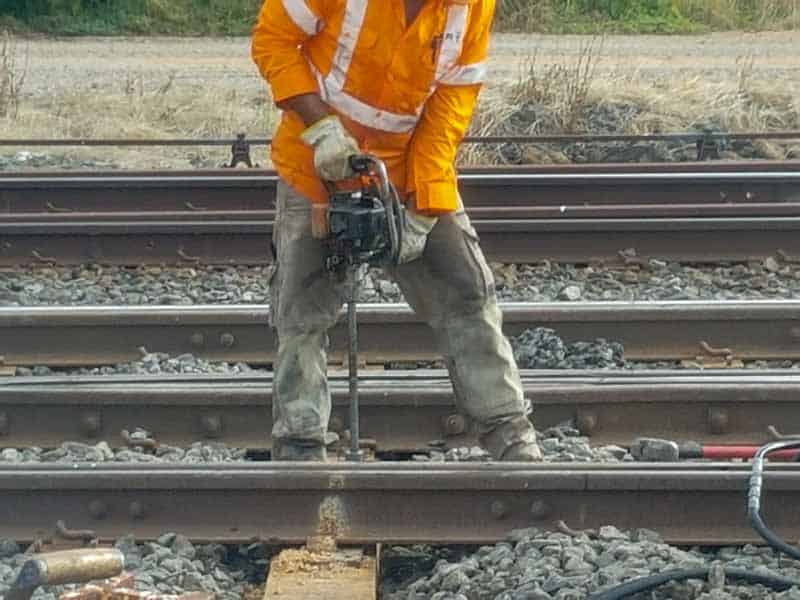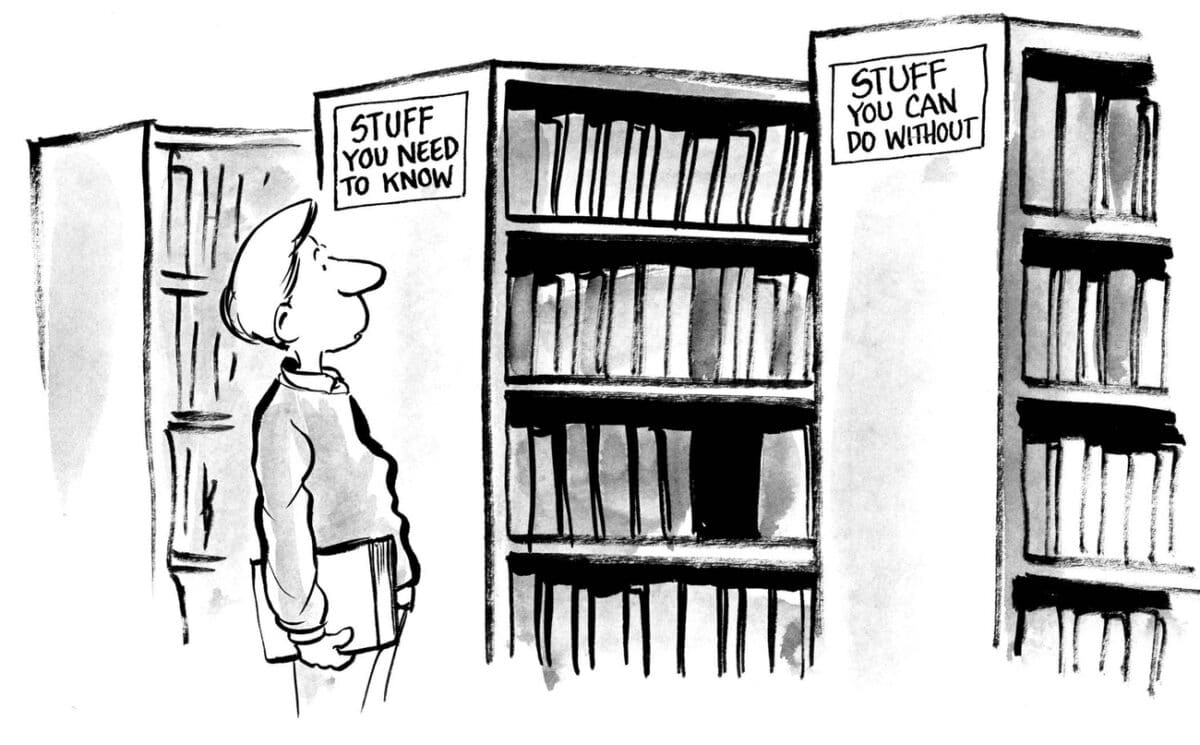Physical activity, mental health, alcohol consumption and productivity
The Victorian Government’s workplace health strategy may be “coughing up blood” but health promotion continues. Last week, Australian health insurer, Medibank Private, released some statistics and cost estimates related to physical inactivity. According to the media release, physical inactivity costing the Australian economy $13.8 billion a year. The findings are based on research conducted in conjunction … Continue reading “Physical activity, mental health, alcohol consumption and productivity”






